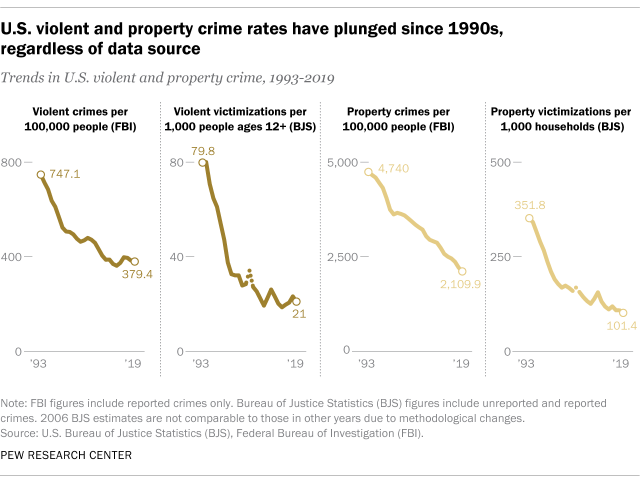“I detect the odor of marijuana” is the magic incantation used by law enforcement to make your 4th & 5th Amendment rights disappear.
I’ve made that point before. There was a story a while back where law enforcement in Meridian explained how marijuana smell helped them catch a forgery ring holed up in a hotel. No need to bother with investigations and evidence and warrants when that skunky smell cuts through all the red tape.
More often, though, the case is made when the smell of marijuana is detected during a traffic stop. It allows police to legally detain you longer and to bring in a K-9 (drug-sniffing dog). Any alert by the dog—whose alert has been shown in numerous studies to be biased by the handler’s subconscious cues—then allows the police in most cases to extract you from your car, cuff you and sit you alongside the road or in their car while they ransack your vehicle and use anything they may have found (or planted) to arrest you.
Now comes a story from the New York Post in the wake of New York State not only legalizing the personal possession of marijuana, but legalizing its use wherever tobacco smoking is allowed and forbidding police searches based on the mere odor of marijuana.
New York’s recent decision to legalize weed has led to an alarming drop in gun arrests — at the same time shootings are surging across the Big Apple, The Post has learned.
Under NYPD enforcement guidelines outlined in a March 31 memo that cited the new pot law ban, cops are banned from searching a vehicle’s trunk just because they smell pot during a traffic stop.
But large numbers of gun busts have typically been made by cops who smell fresh or burnt marijuana after pulling over a car, according to NYPD sources.
“Up in smoke: New weed law leads to drop in gun busts, NYPD sources say“—New York Post, May 11, 2021
The Post frames this as “now look at what you’ve done!” as if the legalization of marijuana and recognition of pot smokers’ civil rights portends the advent of violence and lawlessness.
Certainly, there will be times when detecting marijuana leads to detecting other crimes, but those times won’t be every time. The idea that ten or a hundred law-abiding cannabis consumers should be intimidated, detained, searched, and threatened in order to catch the one law-breaking cannabis consumer is the fuel for fascism. If that’s to be the standard, why not go all-in and just have police randomly pull over and search any driver? We’d catch much more illegal guns then, wouldn’t we?
The fact is that the War on (Certain People Using Non-Pharmaceutical, Non-Alcoholic, Tobacco-Free) Drugs has turned policing from “to protect and serve” to “to search and seize”. A drug bust is one of the easier cases a cop can close. He doesn’t need to collect evidence to build a case that a crime was committed; the existence of the evidence itself is the crime.
In 2019, according to the FBI’s Uniform Crime Report, “45.5 percent of violent crimes and 17.2 percent of property crimes were cleared by arrest or exceptional means.” That means that less than half of all violent crimes and just over one-sixth of property crimes are ever “solved” by the cops. Looking back to 1995, the earliest year still posted, “45
percent of violent crimes were cleared” and the “overall property crime clearance rate was 18 percent.”
And yet, despite the stagnant effectiveness at police in solving, and thereby courts punishing crime, the rates of violent and property crime have plummeted since 1995.

Using the FBI data, the violent crime rate fell 49% between 1993 and 2019, with large decreases in the rates of robbery (-68%), murder/non-negligent manslaughter (-47%) and aggravated assault (-43%). (It’s not possible to calculate the change in the rape rate during this period because the FBI revised its definition of the offense in 2013.) Meanwhile, the property crime rate fell 55%, with big declines in the rates of burglary (-69%), motor vehicle theft (-64%) and larceny/theft (-49%).
“What the data says (and doesn’t say) about crime in the United States“, Pew Research Center, November 20, 2020
In 1995, cops in any state could detain and search any person they caught with marijuana and, presumably, catch them committing other crimes. By 2019, there were 11 states where marijuana possession was legal and not the basis for a police search. And yet, the ability of police to solve those other crimes hasn’t changed a bit in almost a quarter century.
Once you remove the criminal prohibition of marijuana, there is as much correlation between marijuana and crime as there is peanut butter and crime. Sure, if you searched everyone you caught with peanut butter, you might also turn up some illegal guns. But you’d also be terrorizing a bunch of innocent people who like peanut butter for no good reason.
Now that the nation is increasingly determined to end the War on Drugs, police are going to have to return to old fashioned methods of fighting crime, like building trust in the community, working intelligence sources, engaging in surveillance, collecting evidence, and paying attention to clues other than the smell of someone’s joint.






